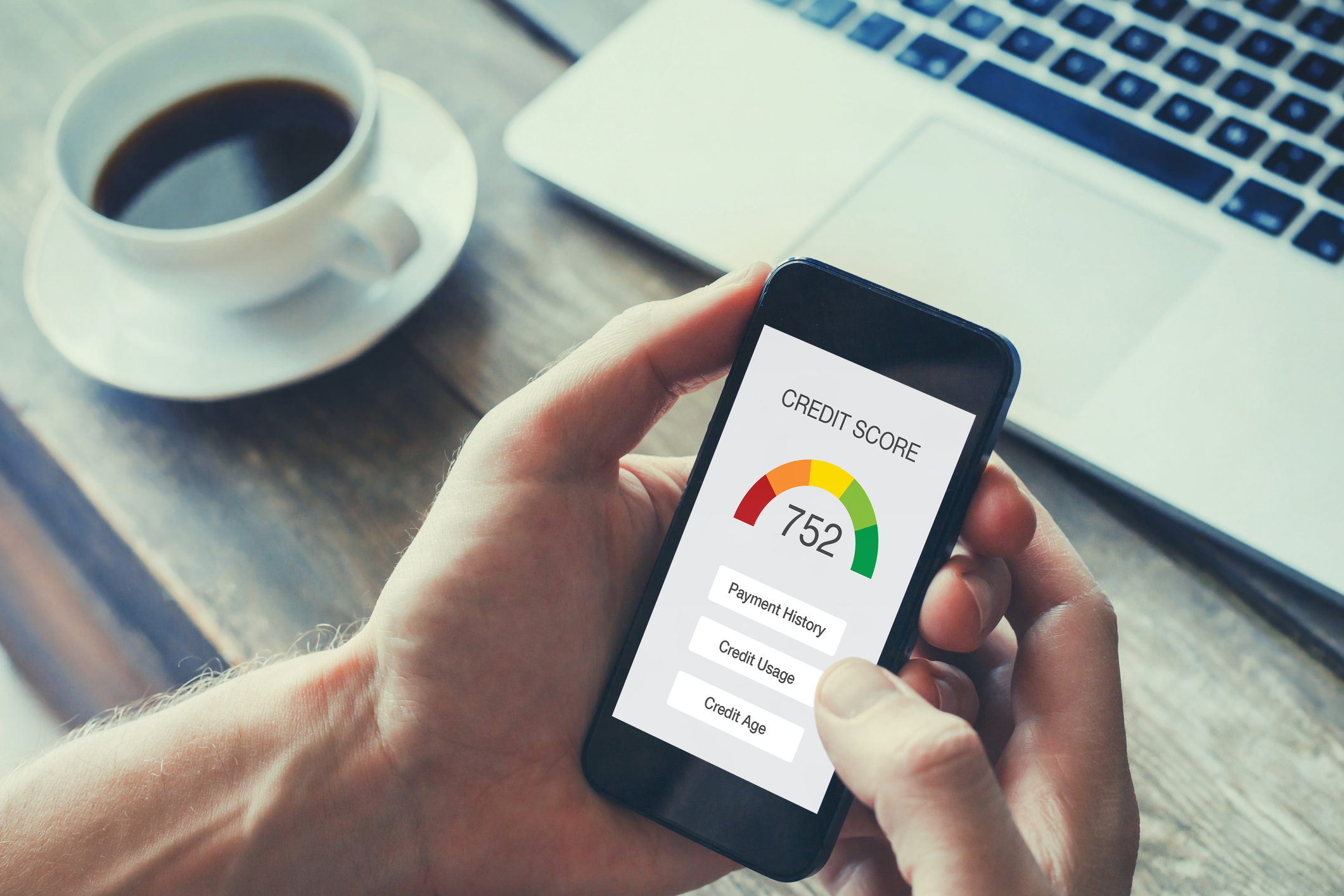Banks and credit unions offer many similar financial products and services. But if you’re looking for the best financial institution to open a new checking or savings account, take out a loan or open a new credit card, there are some key differences between banks and credit unions that you should know.
Here’s how to help decide whether a bank or credit union is better for you.
Credit Unions vs. Banks
The biggest difference between banks and credit unions is their ownership structure:
- Credit unions are non-profit organizations that are owned by their members and are focused on meeting the needs of their account holders. Their member base is limited to a “field of membership,” which defines who can join the credit union. Membership criteria may be based on a certain geographic area, certain employers or industries, student bodies, faith-based organizations, and more.
- Banks are for-profit organizations that are privately owned or publicly traded with the goal of making a profit for shareholders. They do not generally require customers to meet specific criteria in the same way that credit unions do.
Pros and Cons of Credit Unions
There are key advantages and disadvantages to credit unions:
Pros:
- Credit unions are not obligated to generate profits for their members. For this reason, they can focus on offering affordable services that deliver the best value to their members.
- Credit unions tend to have lower fees because they aren’t required to maximize profitability.
- Credit unions may offer lower interest rates on loans and credit cards. They may also offer better returns to members for certificates of deposit (CDs), money market accounts, and even better interest rates on savings accounts.
- Members own the credit union, which means they get more of a voice in how the credit union is run.
Cons:
- You must meet membership criteria to become a member of a credit union. Many national credit unions offer creative ways to become a member, such as donating to a non-profit the credit union supports.
- Credit unions tend to have fewer physical branches and ATMs than large banks, especially if they are a smaller regional credit union.
- Credit unions typically offer fewer financial products and services than large banks. Their online banking and mobile banking options may be less impressive because they have fewer resources to devote to technology development.
Pros and Cons of Banks
Working with a traditional bank also has its own set of advantages and disadvantages:
Pros:
- Banks offer a wider range of financial products and services including greater loan and credit card options, investment accounts, financial advising, and more.
- Large banks have more physical branches and ATMs across a wider geographic area than smaller credit unions.
- Banks tend to have greater resources to devote to technology, online banking, and mobile apps.
- Banks don’t generally require you to meet specific criteria to become a member.
Cons:
- Banks tend to have higher fees because they are concerned with maximizing profitability.
- Banks may charge higher interest rates for loans and credit cards and offer lower returns on products that yield interest for customers.
- Large banks may not be able to focus on specialized customer service in the same way that a credit union that focuses on a specific community or member base can.
Is Your Money Safer in a Bank or Credit Union?
Consumer checking accounts, savings accounts, and other deposit accounts are insured for up to $250,000 per account at both banks and credit unions. Banks are insured by the Federal Deposit Insurance Corporation (FDIC) and credit unions are insured by the National Credit Union Administration. If something happens to the bank or credit union where you keep your money, you are protected up to $250,000 no matter where you keep your money.
Is It Better to Use a Credit Union or a Bank?
Choosing between a bank and credit union comes down to a matter of preference. If you want the convenience and technology that comes with a larger bank, along with access to a wider variety of financial products and services in one place, a bank may be the right choice for you. If you want access to lower fees, better interest rates and personalized customer service, a credit union might be the best choice.
Bottom Line
In many cases, credit unions offer more affordable products and services and better interest rates to their members. Banks will provide a greater variety of services and products, along with more physical branches and ATMs and a smoother online experience. Take these factors into consideration when you’re deciding between a bank and credit union.
No matter where you do your banking, you need to take steps to help protect your identity and build good credit. Consider signing up for a MyScoreIQ credit and identity protection, which offers invaluable security for your credit and identity along with greater insight into your finances. You’ll gain the protection of experts that watch out for your well-being while you seek out the financial products and services that work for you.













